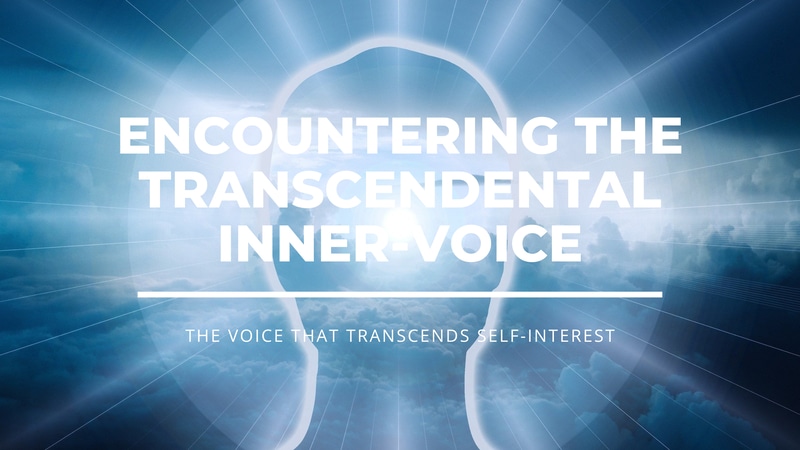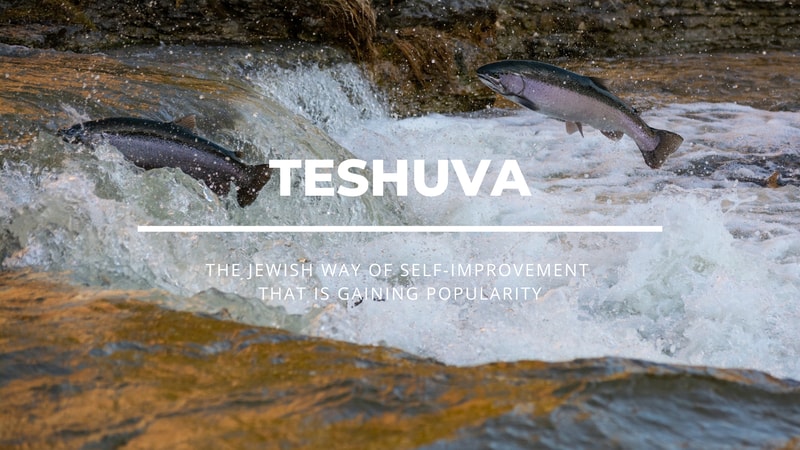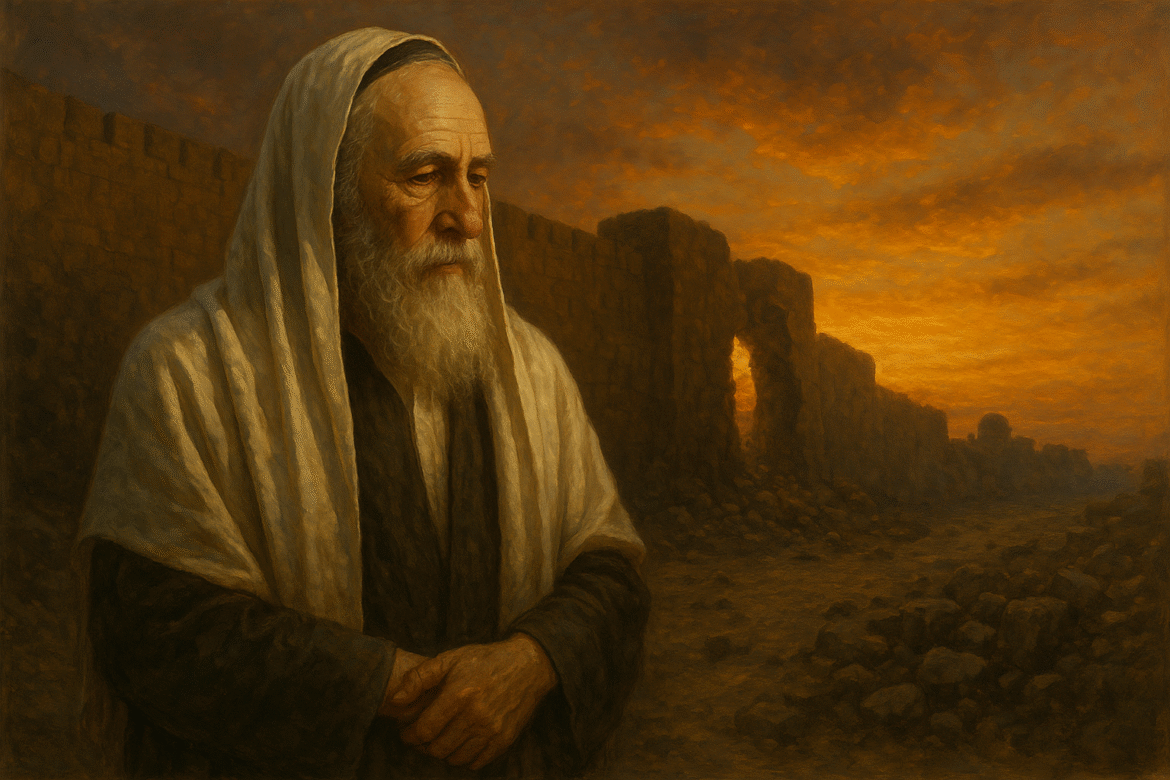“Make His will your will, so that He may make your will like His will. Nullify your will to His will, so that He may nullify the will of others to your will.”
Rabban Gamliel the son of Rabbi Yehuda the Prince (Pirkei Avot 2:4)
We all have stories that we tell ourselves. And those stories influence what we want out of life. Hidden within those stories are the keys that drive us to want what we want. The stories we tell ourselves are at the roots of our passions and our attitudes.
People tend to want to be the heroes of each of the stories. And with all of the stories each one of us has inside, we tend to want a lot of things for a lot of difficult-to-define reasons.
Sometimes our stories are self-contradictory. On one hand, we want to dominate to the point that we become ruthless and willing to lie cheat and steal in order to win – but, on the other hand, we also want to be perceived by others, and ourselves, as nice people. Both of those desires are connected to stories that are wired into the brain in one way or another whether through watching others, watching media, or through interpretation of past experiences.
The voice that transcends our storylines
And then there is the voice inside of us that transcends all of the mundane stories. The voice that tells us to do good for its own sake. It makes us want to believe that we really can be good. Good. Just good.
In college philosophy class, I remember learning about a debate about whether or not people have the ability to be truly altruistic. Truly good. A lot of people got pretty emotional in that class. People who believe in morality (not moral relativism but actual objective morality), tend to want to believe that we really have the capacity to be good. We’re heavily invested in the belief because without it, our religious stories and beliefs don’t seem relevant.
In Jewish thought, there is actually room to argue both options (Jewish joke goes, “2 Jews, 3 opinions”) because people are composed of more than one core program. The human make-up is composed of at least 2 different core programs that run simultaneously – the animal program and the divine program.
The human-animal
The human-animal is the part of the human whose desires and thought patterns are like those of an animal. The human-animal isn’t necessarily savage, just like animals can be calm and sweet so can the human-animal. But, on the same note, although the human-animal has the capacity to be sweet, it can’t be truly altruistic all by itself. It can do nice things but, just like animals, when they show consideration for others, they aren’t doing it out of pure-hearted goodness – they just enjoy the feeling of being nice.
And just like the human-animal can be trained to be nice and sweet, it can also be trained to be cruel. It’s just a matter of tapping into the right stories. Which is why humans are so subject to manipulation. That’s where The Beast comes from. Anyone who has ever wondered “what came over me” has experienced this.
The divine human
The other core program many humans have is the divine program, aka, the divine soul. Plugging into the divine soul enables humans the ability to transcend the human-animal. And to experience goodness in a whole different way. The divine soul transcends our subconscious story-bank. By plugging into the divine, spiritual aspect of ourselves, we can take steps to be other-worldly.
This divine voice transcends everything else. It’s both within you and beyond you. But it’s always accessible to you. Because, in a way, it is you – it’s the real you.





